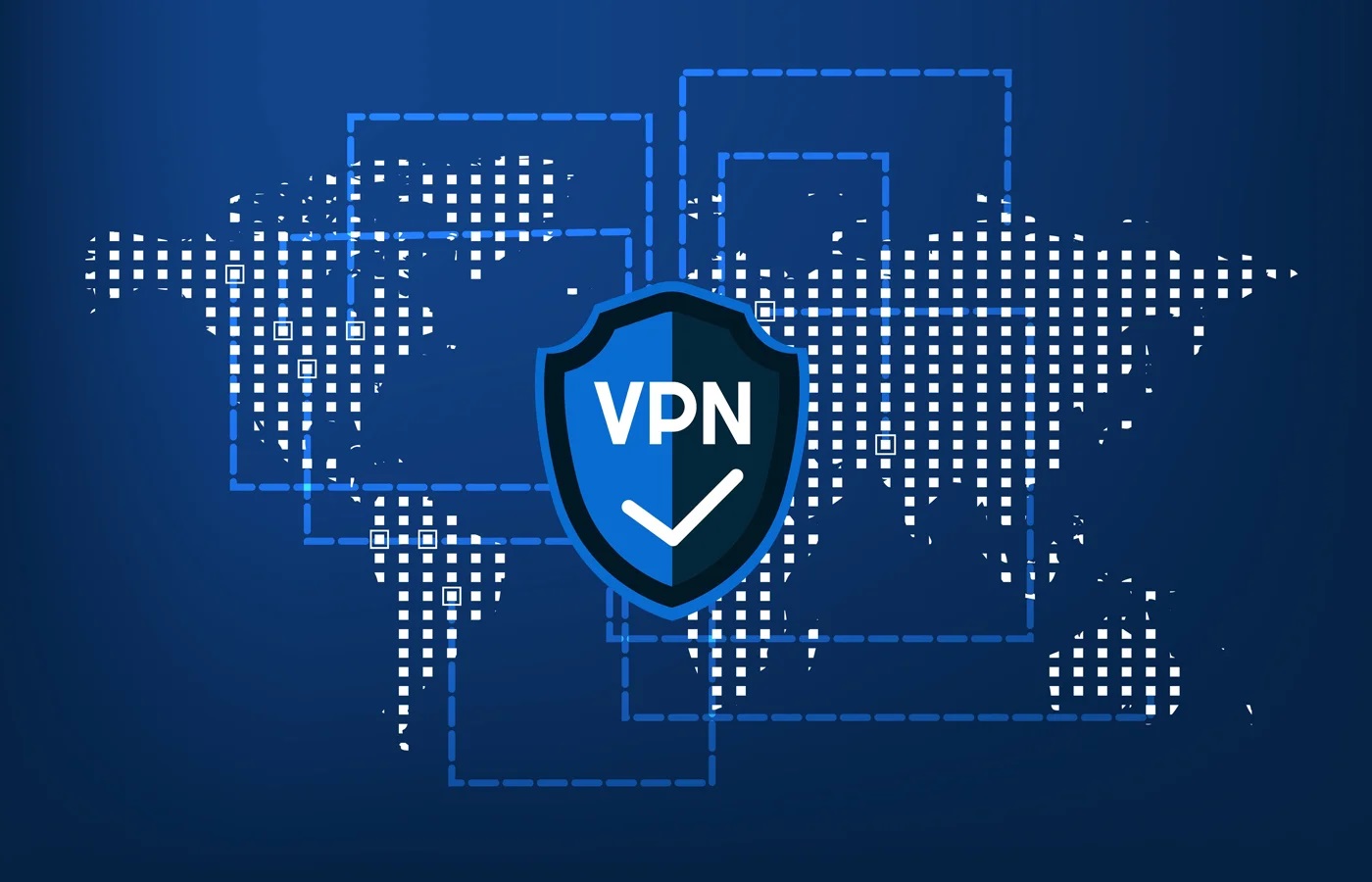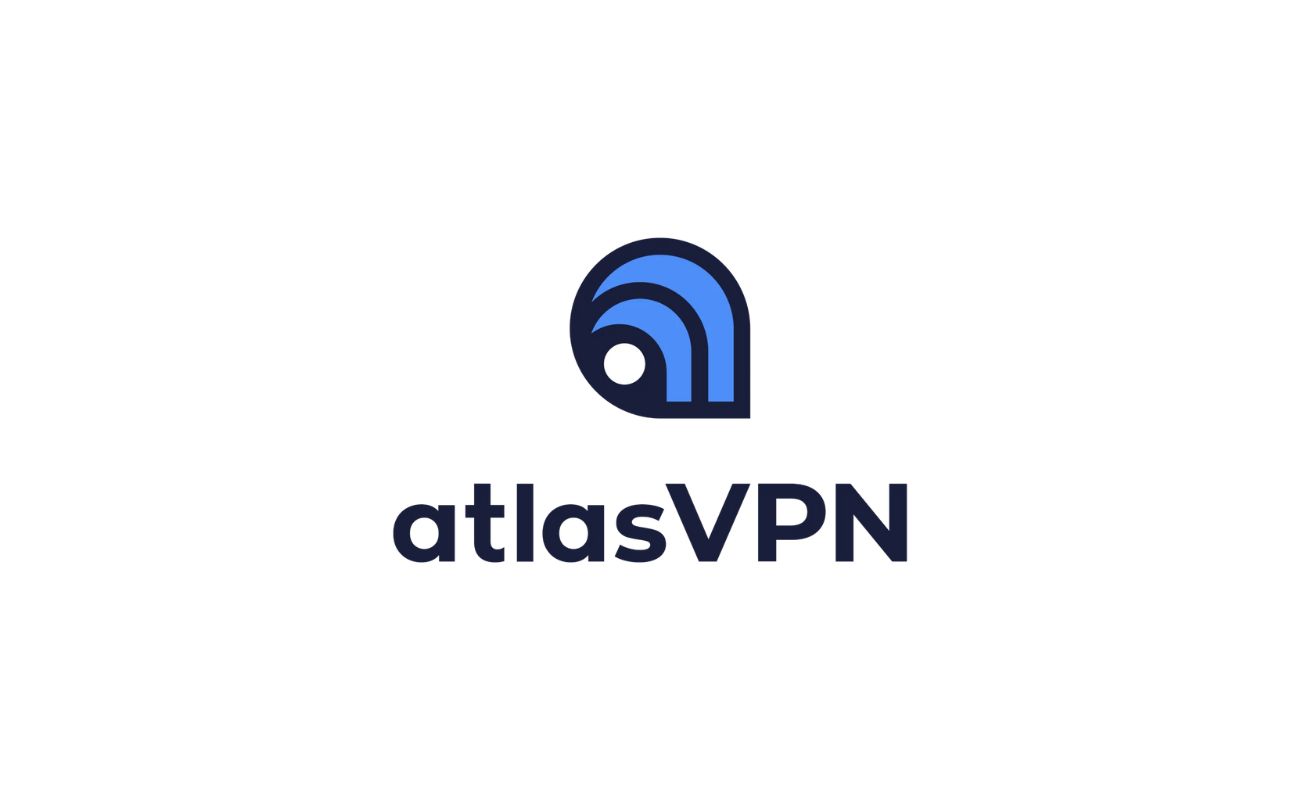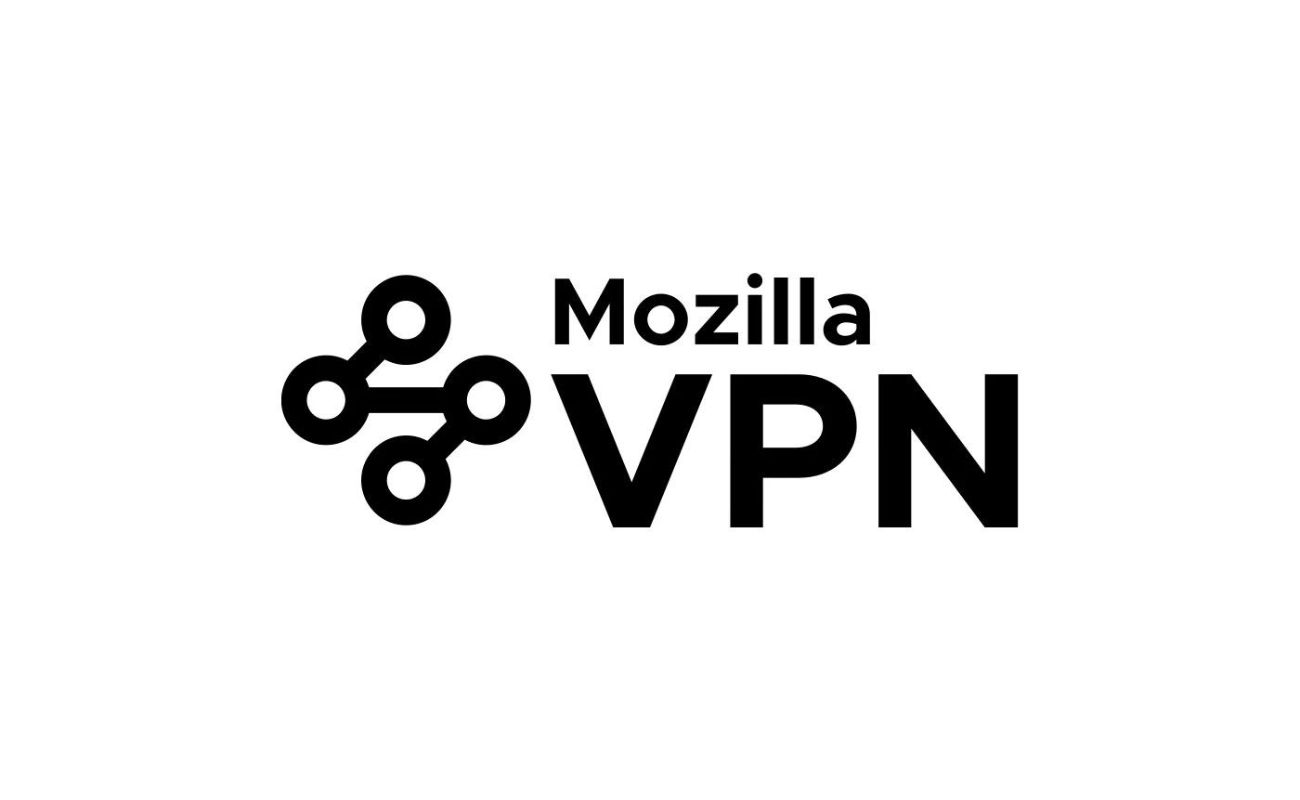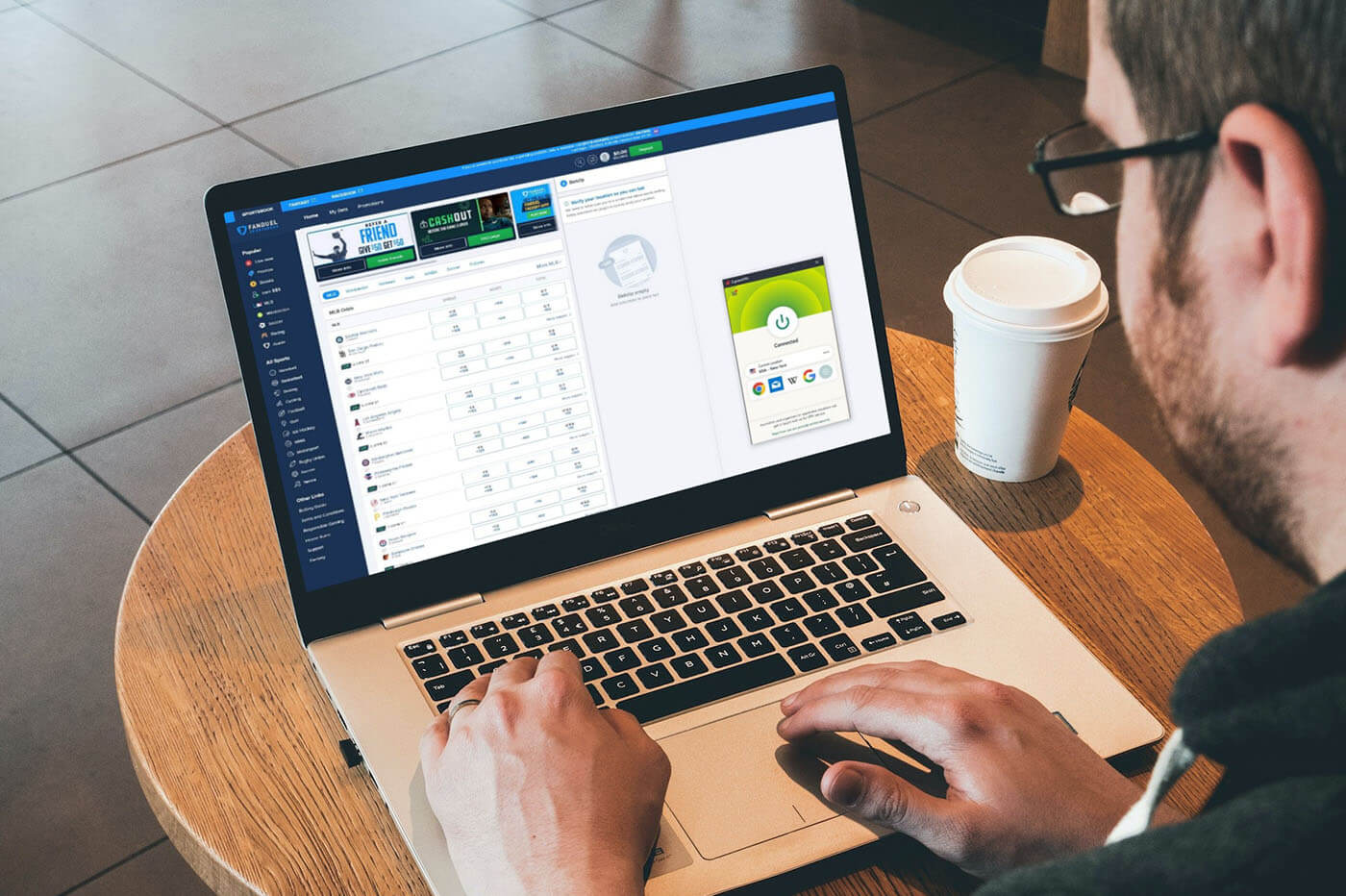Home>Software and Apps>Exploring the Benefits of VPNs with No Logs


Software and Apps
Exploring the Benefits of VPNs with No Logs
Modified: September 5, 2024
Discover the advantages of using no-logs VPNs for enhanced privacy and security. Explore top software and apps for seamless protection online. Unlock a safer browsing experience today!
(Many of the links in this article redirect to a specific reviewed product. Your purchase of these products through affiliate links helps to generate commission for Techsplurge.com, at no extra cost. Learn more)
Table of Contents
What is a VPN?
A VPN creates a secure, encrypted connection between your device and a VPN server. This connection masks your IP address and encrypts your internet traffic, making it difficult for third parties to intercept or monitor your online activities. VPNs are commonly used by individuals who want to protect their personal data while browsing the internet, as well as by businesses that need to secure their networks and data.
How Does a VPN Work?
Connection Establishment
When you connect to a VPN, your device initiates a connection with the VPN server. This can be done through various protocols such as OpenVPN, L2TP/IPSec, or WireGuard.
Encryption
Once connected, all your internet traffic is encrypted. This means that any data you send or receive is scrambled and unreadable to anyone who might intercept it.
IP Address Masking
The VPN server assigns you a new IP address from its pool of addresses. This new IP address is not associated with your real location, making it difficult for websites and services to track your geographical location.
Traffic Routing
Your encrypted data is then routed through the VPN server before it reaches its final destination on the internet. This ensures that even if someone intercepts your data, they will only see encrypted information.
Decryption
When the encrypted data reaches its destination, it is decrypted by the recipient's device or server.
The Importance of No Logs Policy
A no logs policy is a critical feature in any VPN service. It means that the VPN provider does not store any information about your online activities, including the websites you visit, the files you download, or the time spent on each activity. Here’s why this policy is essential:
Privacy Protection
The primary reason for using a VPN is to protect your privacy. By not storing logs, you ensure that even if the VPN provider is compelled to hand over data by law enforcement or other authorities, they won’t have anything to give. This level of protection is crucial for individuals who value their anonymity online.
Read more: Exploring the Benefits of Split Tunnel VPNs
Security Enhancement
Even if a VPN provider claims to have a no logs policy, they might still collect some metadata such as connection timestamps and bandwidth usage. However, reputable providers ensure that this metadata is also deleted regularly or not stored at all. This enhances security by reducing the potential attack surface.
Compliance with Regulations
In many jurisdictions, there are strict regulations regarding data retention and privacy. A no logs policy helps VPN providers comply with these regulations while still offering robust security features to their users.
Benefits of Using a VPN with No Logs
Using a VPN with a no logs policy offers several benefits:
Enhanced Privacy
The most significant advantage is enhanced privacy. Since no logs are kept, there is no risk of your browsing history being accessed or shared with third parties.
Legal Protection
In case of legal proceedings where your data might be requested, having a reputable VPN with a no logs policy can provide legal protection. The absence of logs makes it difficult for authorities to prove that you were involved in any illegal activities online.
Improved Security
While encryption itself is a powerful security measure, combining it with a no logs policy adds an extra layer of protection. Even if someone manages to intercept your data, they won’t be able to link it back to you due to the lack of identifying information.
Trustworthiness
Choosing a VPN provider that adheres strictly to its no logs policy builds trust between the user and the service provider. Users feel more secure knowing that their activities are not being monitored or recorded.
Compliance with Global Standards
Reputable VPN providers often adhere to international standards for data protection such as GDPR (General Data Protection Regulation) in Europe or CCPA (California Consumer Privacy Act) in the United States. A no logs policy aligns with these standards, ensuring that users' rights are respected globally.
How to Choose a VPN with No Logs Policy
Choosing the right VPN can be overwhelming due to the numerous options available. Here are some key factors to consider when selecting a VPN with a no logs policy:
Reputation and Reviews
Look for VPNs with excellent reputations based on user reviews and independent audits. Reputable sources like Trustpilot, Reddit, or specialized review websites can provide valuable insights into a provider’s reliability.
Transparency
A transparent provider will clearly state their no logs policy in their terms of service and privacy policy documents. They should also provide regular audits or third-party audits to verify their claims.
Jurisdiction
The jurisdiction where the VPN provider operates can impact their ability to comply with data retention laws. Providers based in countries like Switzerland or Iceland are often preferred due to their strong privacy laws.
Encryption Protocols
Ensure that the VPN uses robust encryption protocols such as AES-256-GCM or WireGuard. These protocols offer high levels of encryption that make it virtually impossible for unauthorized parties to intercept your data.
Server Locations
While server locations might not directly relate to logging practices, having multiple servers across different countries can provide better connectivity options and help mask your IP address more effectively.
Customer Support
Good customer support is essential for any service, especially when dealing with complex technical issues related to VPNs. Look for providers that offer 24/7 support via multiple channels like live chat, email, or phone.
Examples of VPNs with No Logs Policy
Several VPN providers are known for their strict adherence to no logs policies:
-
ExpressVPN: Known for its robust encryption and transparent policies, ExpressVPN has been audited multiple times by third-party firms like Cure53 and PwC.
-
NordVPN: NordVPN has a strict no logs policy and has been audited by PwC in 2020. They also offer advanced features like double encryption and Onion over VPN.
-
ProtonVPN: As part of the ProtonMail family, ProtonVPN inherits its commitment to privacy and security. They offer a free version with limited features but maintain a strict no logs policy across all plans.
-
TunnelBear: TunnelBear is another popular choice with a clear no logs policy. They offer user-friendly software and a fun interface while maintaining high levels of security.
-
Surfshark: Surfshark is relatively new but has quickly gained traction due to its affordable pricing and robust features including unlimited devices per account and a strict no logs policy.
Final Thoughts
Using a VPN with a no logs policy is an excellent way to boost your online security and privacy. By masking your IP address and encrypting your internet traffic, you create a secure tunnel that protects you from various cyber threats. When choosing such a service, look for reputable providers who have transparent policies and undergo regular audits to verify their claims.
While there are many VPN options available in the market today, not all of them adhere strictly to their no logs policies. Always do thorough research before committing to any service provider to ensure that you get the level of protection you need in today’s digital world.
By understanding how VPNs work and what makes a no logs policy essential, you can make informed decisions about which VPN best suits your needs. Whether you're an individual looking for personal protection or a business seeking robust network security solutions, there’s a VPN out there designed specifically for you.
In summary, leveraging technology like VPNs with no logs policies is crucial for maintaining both personal and professional digital security in an increasingly interconnected world where data breaches are becoming more common by the day.










